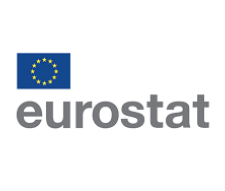
In recognition of European Diversity Month this May, Eurostat highlighted some of its data on equality in the European Union (EU).
A total of 6 grounds for discrimination have been identified in the EU - sex, racial or ethnic origin, religion or belief, disability, age, and sexual orientation - on 4 of which Eurostat has published statistics in a dedicated thematic section. There is also a thematic section dedicated to migrant integration.
Key statistics relating to employment gaps for those who are foreign-born are shown here:

|
Other key statistics relating to migrants in the published data include the following:
- 13% of the EU's population is foreign-born
- 18% foreign-born people aged 15 - 29 years, without a disability, in the EU are not in employment, education or training
- children of foreign-born parents are twice as likely to be at risk of poverty than those of native-born parents
- among people over the age of 16, the risk of poverty or social exclusion is 90% higher for those who are foreign-born
Details
- Publication dates
- Source
- Posted by
